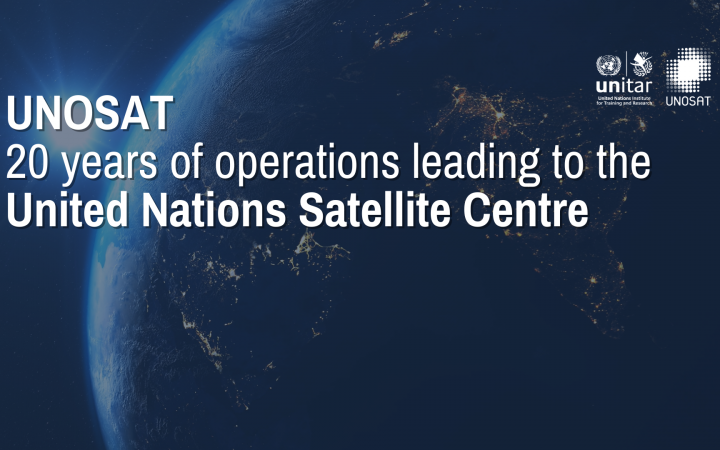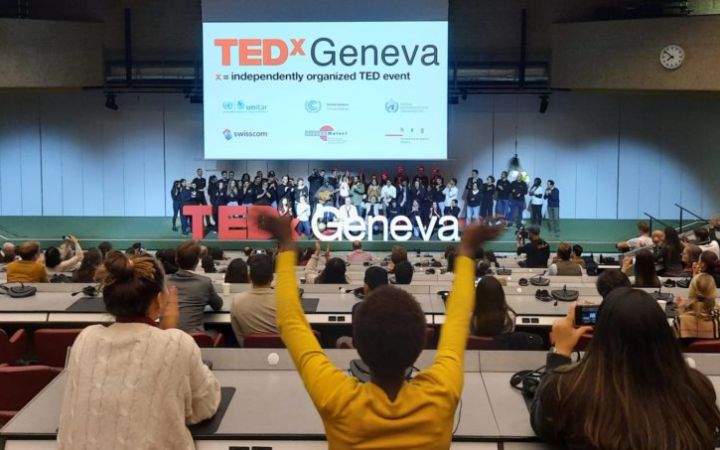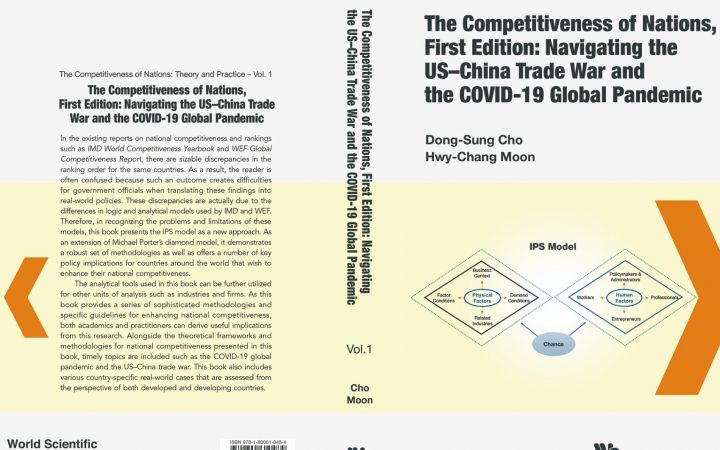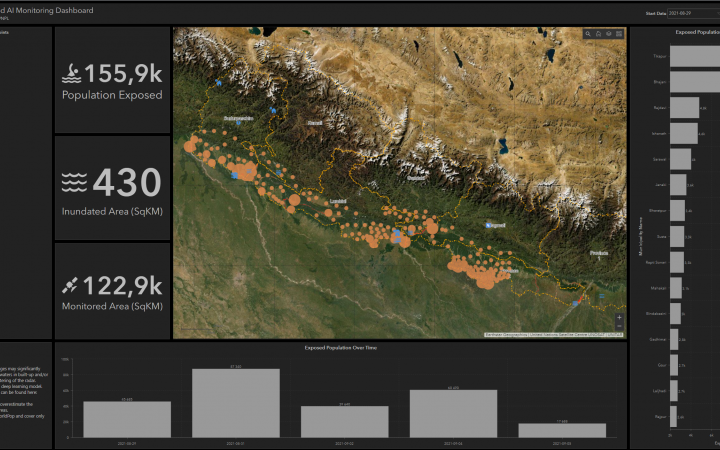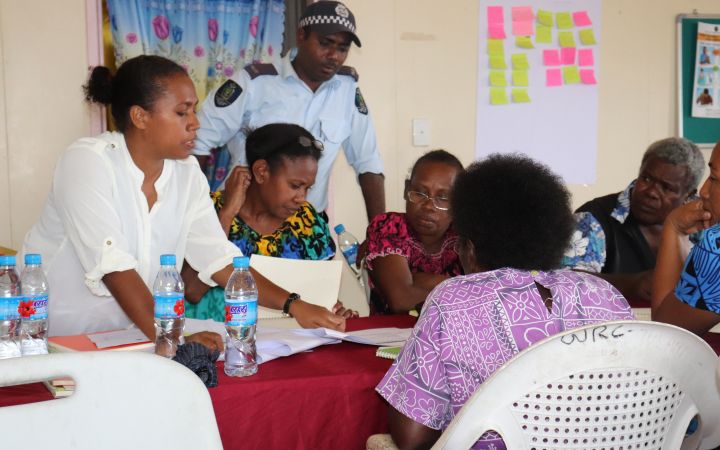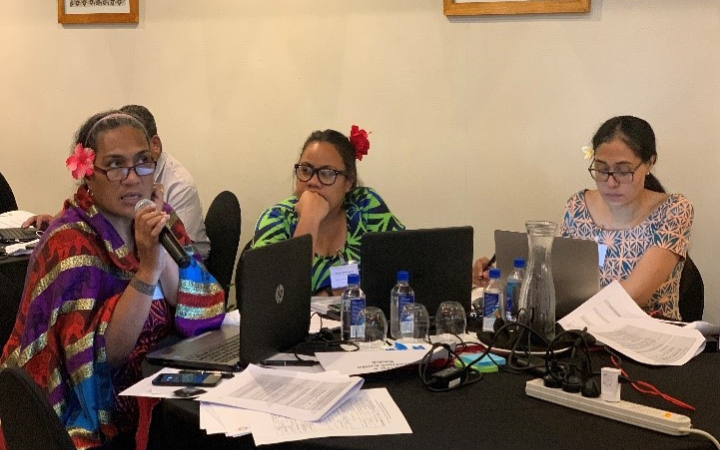Displaying 491 - 500 of 1075
25 November 2021
"159 companies are responsible for 80% of global corporate greenhouse gas emissions. Most of them don’t have all the answers on how to finance and achieve the targets they have set". This article brings some light into the black box of how the transition can be tackled in practice and is written by Eliya Devay, graduate of the UNITAR-Franklin University Switzerland Joint Master’s programme in Responsible Leadership & Climate Action. Eliya is specialized in Sustainable Finance and currently works at the United Nations Environment Programme Finance Initiative (UNEP FI) as a Consultant.
23 November 2021
This Executive Online Certificate on Leadership and the Future of Work, created in collaboration between UNITAR and the Hertie School Executive Education aims to equip participants with pivotal self-management skills such as active learning, resilience, stress tolerance, and flexibility, in addition to a stronger set of core critical thinking and problem-solving skills.
22 November 2021
On Thursday 25th November 2021, UNOSAT is celebrating the 20 years of operations leading to the United Nations Satellite Centre with an online event.
19 November 2021
Ali was able to use the information from his own country to make informed judgements on how to negotiate and manage tax decisions for the population according to their business sector.
17 November 2021
17 November 2021, Geneva, Switzerland - UNITAR, WMO, UNFCCC and TEDx Geneva partnered up to organize a TEDx event that put youth and climate change in the spotlight. Read on to find out how a diverse line-up of youth activists, scientists, entrepreneurs and artists spread good ideas on how to scale up climate action.
16 November 2021
November 2021, Geneva, Switzerland - UNITAR’s Green Economy and Trade and Green Fiscal Policy e-courses have won the Gold Award in the Best Advance in Custom Content category of the distinguished Brandon Hall Group HCM Excellence Awards for 2021. The Award underscores UNITAR’s role as one of the main players globally providing state-of-the-art e-learning solutions and resources for free on green economy and climate change-related topics.
4 November 2021
UNITAR, The Institute for Industrial Policy Studies (IPS), and the Taylor Institute at Franklin University Switzerland (FUS), have presented report results on National Competitiveness: Two rankings for each nation with low-cost strategy and differentiation strategy. The results of the IPS National Competitiveness Report were released on October 28, 2021, in a public conference of National Competitiveness organised by IPS and FUS, and co-hosted by UNITAR.
1 November 2021
In South Asia, the monsoon season started early and strong this year. Nepal was particularly hit by heavy rainfall in June 2021: flooding and landslides were reported in many parts of the country and affected thousands of families. When the Rapid Mapping service was activated, the UNOSAT FloodAI pipeline was deployed and all products were sent to the Dashboard, turning it into a one-stop-shop for real-time evidence-based decision-making
30 October 2021
Passion and prayers – that’s how Everlyn Fiualakwa of the Solomon Islands got into disaster risk management. Everlyn had just graduated from university and was looking for a job when an 8.0-magnitude earthquake struck off the coast of Temotu Province, on 6 February 2013. A tsunami followed, killing 10 people. Reading about the disaster in the papers, Everlyn knew then what she wanted to do with her life: to help communities in her country become better prepared to deal with emergencies.
27 October 2021
National ownership to monitor and achieve the SDGs is at the heart of the 2030 Agenda. However, many National Statistical Offices (NSO) face challenges in monitoring and reviewing the implementation of the SDGs. These challenges include the complexity of measuring certain problems and building relevant indicators, limited statistical capacity to monitor identified indicators, the lack of tools to facilitate the use of available information, and coordination difficulties experienced by stakeholders in producing, storing, and using the data, to name just a few.




